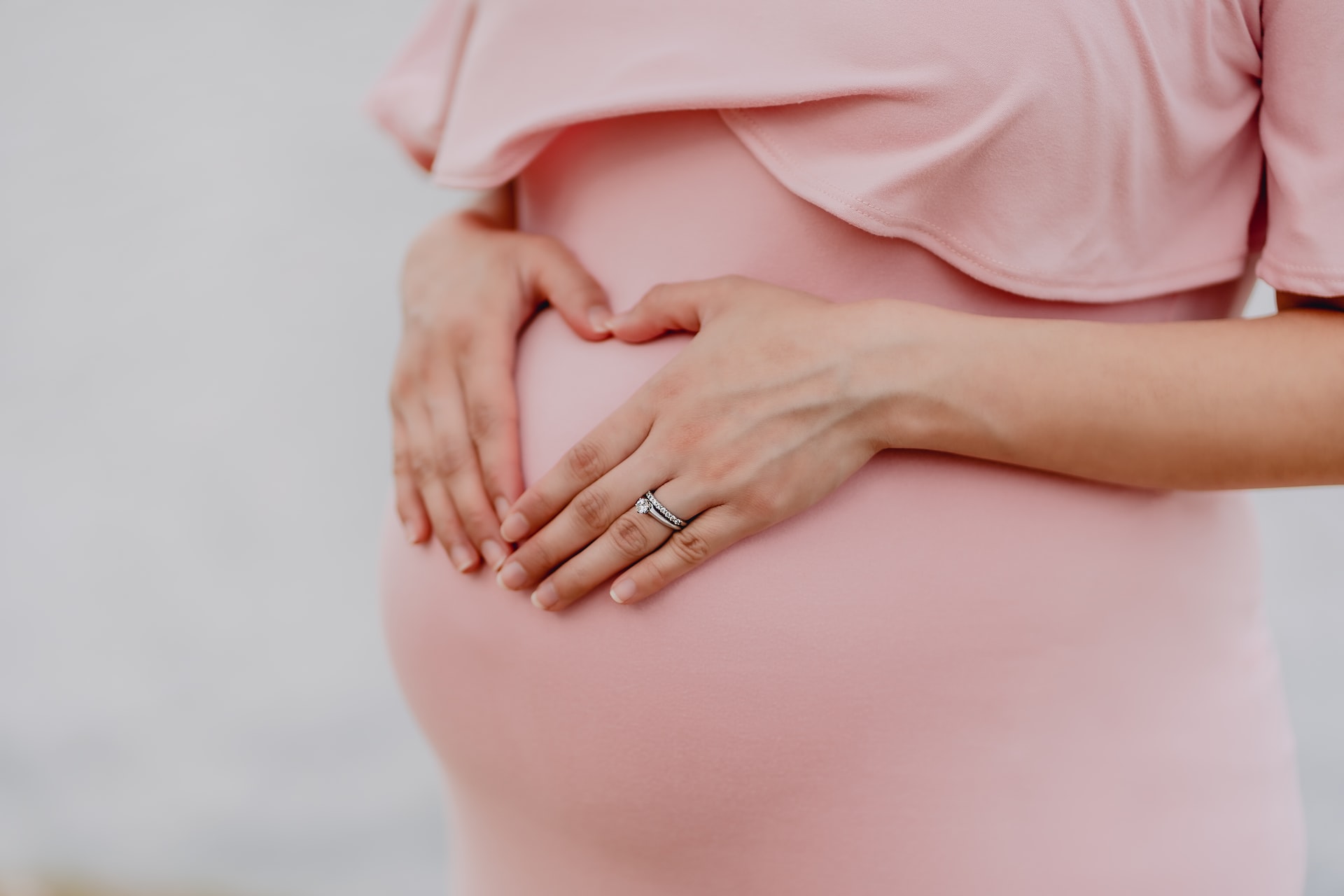Important Nutrients for a Healthy Pregnancy
The miracle of life is one we often take for granted. The nature of pregnancy almost seems magical, to the point where it’s easy to think it happens all by itself.
While the complex biological systems driving pregnancy are mostly done on a kind of autopilot, that doesn’t mean we get to sit back and let nature take its course. Pregnant women are responsible for taking care of themselves to ensure the healthiest pregnancy possible.
Enter prenatal vitamins and nutrients. Chances are you get the majority of them with a healthy diet. But for those with certain food allergies or aversions, taking supplements might be necessary. Moreover, specific nutrients are shown to play a vital role in fetal development.
Let’s take a look at seven nutrients deemed especially important for ensuring a safe and healthy pregnancy:
Folic acid
Regarding essential prenatal nutrients, folic acid gets the most attention. This attention is well deserved, considering the role of folic acid in healthy cell growth and development. Pregnant women are encouraged to take 600 mcg of folic acid every day. Doing so reduces the chances of birth defects and other unwelcome developments in the womb. Foods packed with folic acid include citrus fruits, leafy greens, and beans.
Magnesium
Maintaining healthy magnesium levels becomes difficult during pregnancy. That’s because a growing fetus will absorb nutrients from the mother’s bloodstream, including magnesium. For many pregnant women, the solution is to mix magnesium powder into water and similar ways to get an added boost of this essential mineral. Doing so helps keep blood pressure at healthy levels as well as protect nerve and muscle function for the woman as well as her baby.
Iron
A pregnant woman needs twice as much iron as a woman who is not pregnant. This is due to the increased demand to deliver oxygen throughout the body, starting with the fetus. As a result, a pregnant woman will need 27 milligrams of iron daily. While this can be achieved with supplements, there are many iron-rich foods to consider as well. Examples include lean meat, green vegetables, and iron-enriched bread and pasta. Those who fail to consume enough iron while pregnant are at increased risk of fatigue, infection, and premature birth.
Iodine
Iodine is a mineral the body needs to produce thyroid hormones. Iodine is also essential in promoting the healthy development of a baby’s nervous system. As a result, pregnant women should be getting at least 220 micrograms of iodine every day. Iodine-rich foods include most dairy products as well as many types of fish. However, those with iodized salt at home are probably getting sufficient amounts of iodine per day.
Calcium
You probably already know the importance of calcium in having strong bones and healthy teeth. Your baby will need plenty of calcium to develop healthy bones and teeth, but calcium will also help them develop strong muscles and nerves. With this in mind, it’s essential for pregnant women to get at least 1,000 milligrams of calcium each day. Fortunately, there are plenty of healthy sources of calcium, including dairy, broccoli, and calcium-fortified orange juice.
Vitamin D
Vitamin D helps your body absorb calcium. The same goes for your baby. Vitamin D is also essential for a well-functioning immune system. All this adds up to a daily recommendation of 600 international units of vitamin D for pregnant women. Good sources of vitamin D include fatty fish, eggs, and cheese. Spending time outdoors in sunlight is another way for your body to get adequate amounts of vitamin D.
Docosahexaenoic acid
Better known as DHA, docosahexaenoic acid is an omega-3 fatty acid found in various types of seafood, including anchovies, catfish, shrimp, and trout. Experts recommend a diet rich in DHA during pregnancy in order to ensure healthy brain and eye development. This amounts to 8 to 12 servings of low-mercury, high-DHA seafood per week.
Pregnancy might seem like a miracle in the making, but it’s a biological process that relies on chemistry. With this in mind, pregnant women should be mindful of the nutrients they consume while pregnant. Doing so ensures the safest and healthiest pregnancy possible, as well as an optimum health outlook for your newborn.

